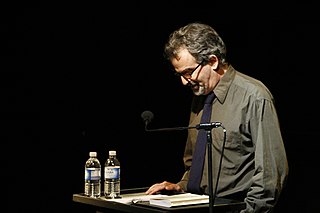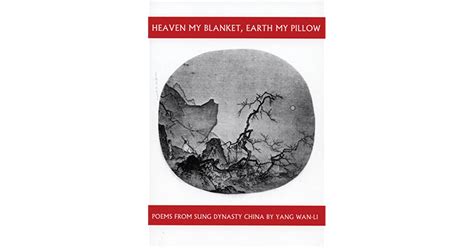A Quote by Ralph Waldo Emerson
It does not need that a poem should be long. Every word was once a poem.
Related Quotes
I keep feeling that there isn't one poem being written by any one of us - or a book or anything like that. The whole life of us writers, the whole product I guess I mean, is the one long poem - a community effort if you will. It's all the same poem. It doesn't belong to any one writer - it's God's poem perhaps. Or God's people's poem.
The subject of the poem usually dictates the rhythm or the rhyme and its form. Sometimes, when you finish the poem and you think the poem is finished, the poem says, "You're not finished with me yet," and you have to go back and revise, and you may have another poem altogether. It has its own life to live.
I think you can perform any poem. But what I believe is that the best examples of spoken word poetry I've ever seen, are spoken word poems that, when you see them, you're aware of the fact they need to be performed. That there's something about that poem that you would not be able to understand if you were just reading it on a piece of paper.







































